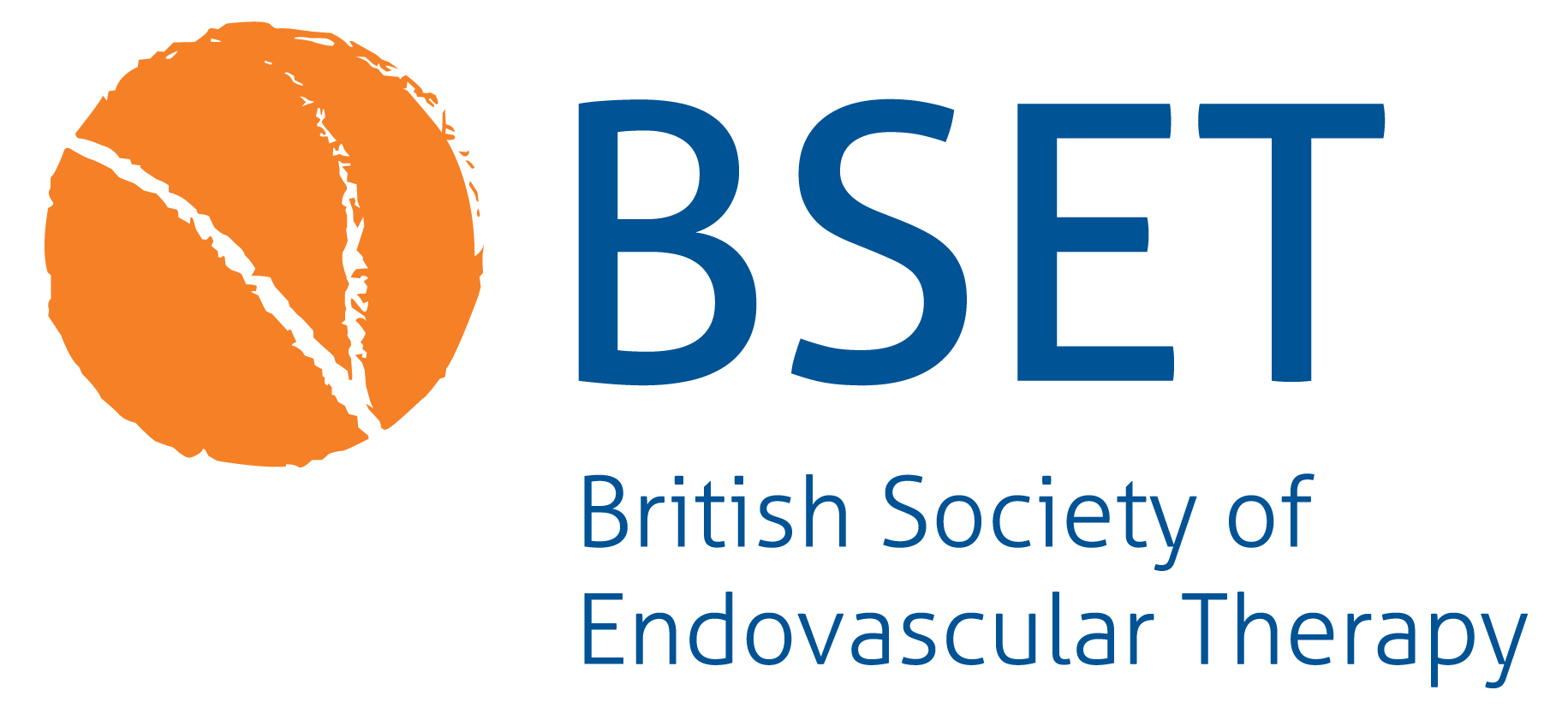Original Research
The impact of the COronaVIrus Disease 2019 (COVID-19) pandemic on the clinical management of patients with vascular diseases: findings from Tier 3 of the COVID-19 Vascular sERvice (COVER) study
Introduction The COronaVIrus 2019 (COVID-19) pandemic resulted in major changes in medical practice and clinical decision-making. Throughout the pandemic, the decision of whether, and how, to offer medical or surgical treatments was influenced by several factors such as COVID-19 positivity, patients’ risk of contracting COVID-19 whilst receiving treatment, resource rationing, staff shortages and government guidelines.1,2…
Read MoreDeprivation and supervised exercise for intermittent claudication
Introduction Intermittent claudication is ischaemic muscle pain resulting from impeded arterial blood flow that is precipitated by exercise and relieved by rest. It is thought to have a prevalence of up to 10%.1 National and international guidelines recommend supervised exercise, in conjunction with risk modification through lifestyle changes and best medical therapy, as first-line management…
Read MoreResearch priorities in diabetic foot disease
Introduction Diabetic foot disease is among a number of serious complications of diabetes mellitus.1 In the UK there are over 7,000 diabetes-related lower limb amputations each year.2 Diabetic foot ulceration (DFU) precedes diabetes-related lower limb amputations in 80% of cases, with studies reporting a prevalence of DFUs as between 1%3 and 2%4 in people living…
Read MoreA survey of surgical site infection prevention practice in UK vascular surgery
Introduction Surgical site infections (SSI) are a common complication following vascular surgery, with significant detrimental effects for patients and healthcare providers.1 Reported SSI rates vary, but may be as high as 40%.2 This high rate is due to vascular surgical patients often being elderly, smokers and diabetics, frequently having multiple long-term conditions. Undesirable physical sequelae…
Read MoreResearch priorities for vascular wounds: results of the Vascular Society GBI/James Lind Alliance Priority Setting Process
Background In the UK, approximately 3.8 million people live with a wound at an estimated cost of £8.3 billion per year to the NHS, with this figure expected to rise in the future.1,2 Additionally, complications like delayed healing, infection and deterioration of other comorbidities are known to have a detrimental impact on patients’ quality of…
Read More










